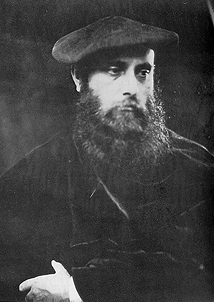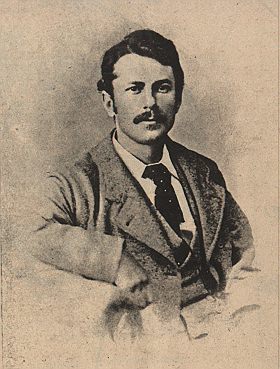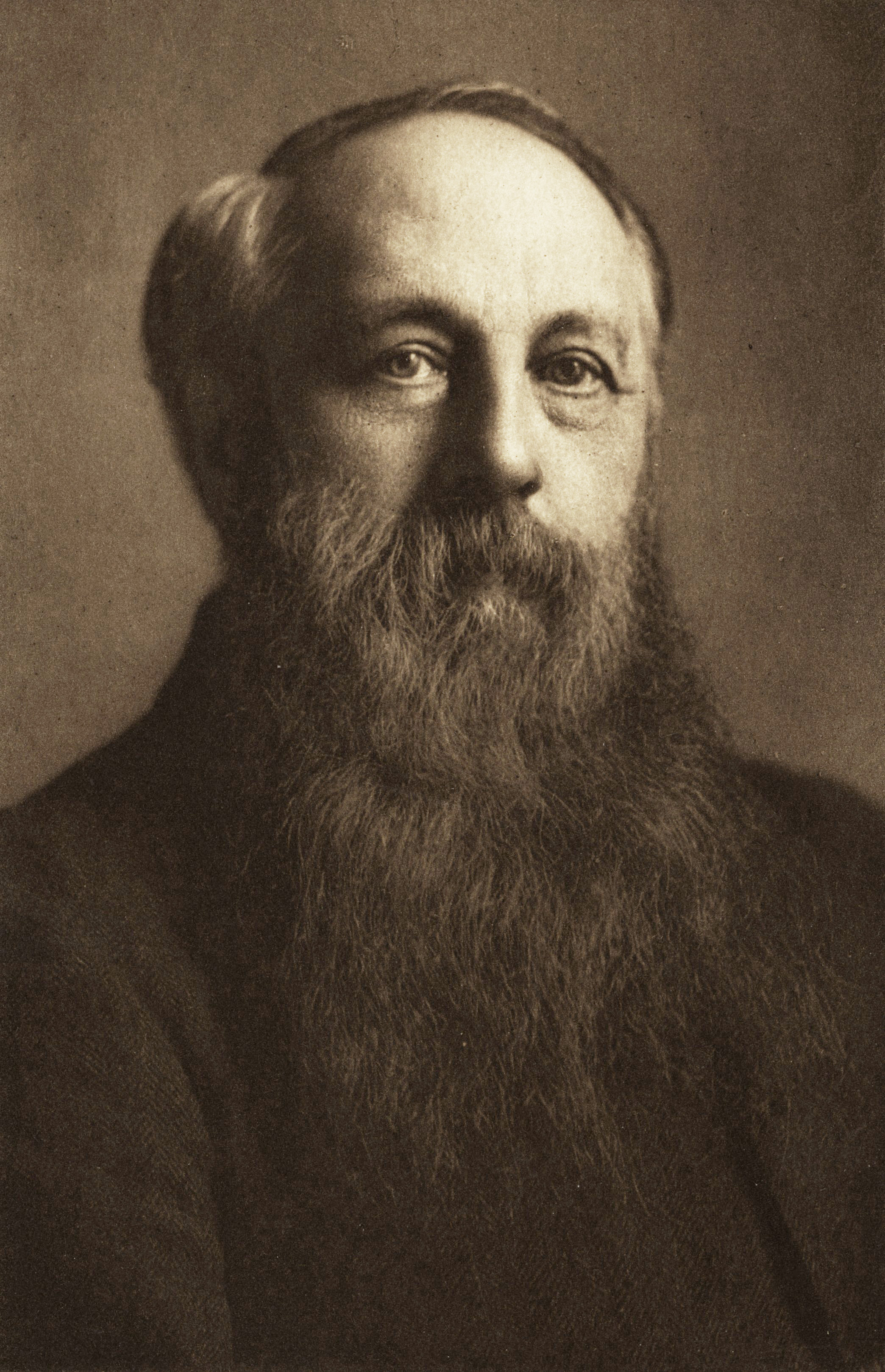|
Ernest Rhys
Ernest Percival Rhys ( ; 17 July 1859 – 25 May 1946) was a Welsh-English writer, best known for his role as founding editor of the Everyman's Library series of affordable classics. He wrote essays, stories, poetry, novels and plays. Early life Rhys was born in Islington in north London, the son of John Rees (his spelling) and his English wife Emma Percival of Hockerill. Shortly afterwards his father set up in the wine and spirits trade, working for Walter Gilbey in premises in Nott Square, Carmarthen, where before marriage he had been in training for the ministry. The family was in Carmarthen for a number of years, and had a Welsh-speaking maid. In 1865 John Rees was transferred to another Gilbey shop, in Newcastle upon Tyne. After home education with a governess, Rhys spent two years at Bishop's Stortford Grammar School as a boarder, leaving in poor health. He then attended a Newcastle school run by a German master, acquiring some German and French. He then spent a desultory ... [...More Info...] [...Related Items...] OR: [Wikipedia] [Google] [Baidu] |
Everyman's Library
Everyman's Library is a series of reprints of classic literature, primarily from the Western canon. It is currently published in hardback by Random House. It was originally an imprint of J. M. Dent (itself later a division of Weidenfeld & Nicolson and presently an imprint of Orion Books), who continue to publish Everyman Paperbacks. History Everyman's Library was conceived in 1905 by London publisher Joseph Malaby Dent, whose goal was to create a 1,000-volume library of world literature that was affordable for, and that appealed to, every kind of person, from students to the working classes to the cultural elite. Dent followed the design principles and to a certain extent the style established by William Morris in his Kelmscott Press. For this Dent asked the Monotype corporation to design a new typeface: Veronese was a remake of a foundry-face Dent had used before. Series 59 came out in 1912, and was made in the same style of the Golden Type, but with sharper slab serifs a ... [...More Info...] [...Related Items...] OR: [Wikipedia] [Google] [Baidu] |
Socialist League (UK, 1885)
The Socialist League was an early revolutionary socialist organisation in the United Kingdom. The organisation began as a dissident offshoot of the Social Democratic Federation of Henry Hyndman at the end of 1884. Never an ideologically harmonious group, by the 1890s the group had turned from socialism to anarchism, and disbanded in 1901. Organizational history Origins Until March 1884, the members of the Democratic Federation, forerunner of the Social Democratic Federation (SDF), worked together in harmony. The new organisation had expected to make rapid headway with existing radical workingmen's organisations but few chose to join the SDF. Early enthusiasm gave way to disappointment and introspection. Personal relationships began to loom large among the small group's leading members. The personal vanity and domineering attitude of the organisation's founder, Henry Hyndman, along with his nationalism and fixation on parliamentary politics, were the leading causes of the inter ... [...More Info...] [...Related Items...] OR: [Wikipedia] [Google] [Baidu] |
Grace Rhys
Grace Rhys (''née'' Little, 1865–1929) was an Irish writer brought up in Boyle, County Roscommon. Biography Joseph Bennet Little, her landowner father, lost his money through gambling and, after receiving a good education from governesses, she and her sisters had to move to London as adults to earn a living. She was both wife and literary companion to Ernest Percival Rhys whom she met at a garden party given by Yeats. They married in 1891 and sometimes worked side by side in the British Museum. Her first novel, ''Mary Dominic'', was published in 1898. Several of her stories have an Irish setting, including ''The Charming of Estercel'' (1904) set in Elizabethan Ireland, which was illustrated by Howard Pyle in Harper's Magazine. Her other work include''The Wooing of Sheila''(1901), ''The Bride'' (1909), and ''Five Beads on a String'' (1907), a book of essays. She also wrote poetry and books for children, and had a son and two daughters of her own. The Rhyses were known fo ... [...More Info...] [...Related Items...] OR: [Wikipedia] [Google] [Baidu] |
Arthur Symons
Arthur William Symons (28 February 186522 January 1945) was a British poet, critic and magazine editor. Life Born in Milford Haven, Wales, to Cornish parents, Symons was educated privately, spending much of his time in France and Italy. In 1884–1886, he edited four of Bernard Quaritch's ''Shakespeare Quarto Facsimiles'', and in 1888–1889 seven plays of the ''"Henry Irving" Shakespeare''. He became a member of the staff of the '' Athenaeum'' in 1891, and of the '' Saturday Review'' in 1894, but his major editorial feat was his work with the short-lived '' Savoy''. His first volume of verse, ''Days and Nights'' (1889), consisted of dramatic monologues. His later verse is influenced by a close study of modern French writers, of Charles Baudelaire, and especially of Paul Verlaine. He reflects French tendencies both in the subject-matter and style of his poems, in their eroticism and their vividness of description. Symons contributed poems and essays to ''The Yellow Book'', in ... [...More Info...] [...Related Items...] OR: [Wikipedia] [Google] [Baidu] |
Hampstead
Hampstead () is an area in London, which lies northwest of Charing Cross, and extends from the A5 road (Roman Watling Street) to Hampstead Heath, a large, hilly expanse of parkland. The area forms the northwest part of the London Borough of Camden, a borough in Inner London which for the purposes of the London Plan is designated as part of Central London. Hampstead is known for its intellectual, liberal, artistic, musical, and literary associations. It has some of the most expensive housing in the London area. Hampstead has more millionaires within its boundaries than any other area of the United Kingdom.Wade, David"Whatever happened to Hampstead Man?" ''The Daily Telegraph'', 8 May 2004 (retrieved 3 March 2016). History Toponymy The name comes from the Anglo-Saxon words ''ham'' and ''stede'', which means, and is a cognate of, the Modern English "homestead". To 1900 Early records of Hampstead can be found in a grant by King Ethelred the Unready to the monastery of St ... [...More Info...] [...Related Items...] OR: [Wikipedia] [Google] [Baidu] |
Edmund Clarence Stedman
Edmund Clarence Stedman (October 8, 1833January 18, 1908) was an American poet, critic, essayist, banker, and scientist. Early life Edmund Clarence Stedman was born in Hartford, Connecticut, on October 8, 1833; his father, Major Edmund Burke Stedman died of tuberculosis two years later in December 1835. By the following spring, his mother Elizabeth Clementine Stedman moved the boy and his younger brother to Plainfield, New Jersey to live with her wealthy father, David Low Dodge. Dodge, a Calvinist and pacifist, was strict, did not want to use his finances to support his grandchildren, and often physically punished the boys for bad behavior. Mrs. Stedman sold poems and stories to magazines including ''Graham's Magazine'', '' Sartain's Magazine'', '' The Knickerbocker'', and '' Godey's Lady's Book'' for income. Eventually, the children were taken in by their paternal grandfather, Griffin Stedman, and his brother James in Norwich, Connecticut. Personal life Stedman marri ... [...More Info...] [...Related Items...] OR: [Wikipedia] [Google] [Baidu] |
William Michael Rossetti
William Michael Rossetti (25 September 1829 – 5 February 1919) was an English writer and critic. Early life Born in London, Rossetti was a son of immigrant Italian scholar Gabriele Rossetti and his wife Frances Rossetti ''née'' Polidori; he was the brother of Maria Francesca Rossetti, Dante Gabriel Rossetti and Christina Georgina Rossetti. Career He was one of the seven founder members of the Pre-Raphaelite Brotherhood in 1848, and became the movement's unofficial organizer and bibliographer. He edited the Brotherhood's literary magazine '' The Germ'' which published four issues in 1850. Rossetti wrote the poetry reviews for this magazine. It was William Michael Rossetti who recorded the aims of the Pre-Raphaelite Brotherhood at their founding meeting in September 1848: #To have genuine ideas to express; #To study Nature attentively, so as to know how to express them; #To sympathize with what is direct and serious and heartfelt in previous art, to the exclusion o ... [...More Info...] [...Related Items...] OR: [Wikipedia] [Google] [Baidu] |
Walt Whitman
Walter Whitman (; May 31, 1819 – March 26, 1892) was an American poet, essayist and journalist. A humanist, he was a part of the transition between transcendentalism and realism, incorporating both views in his works. Whitman is among the most influential poets in the American canon, often called the father of free verse. His work was controversial in his time, particularly his 1855 poetry collection ''Leaves of Grass'', which was described as obscene for its overt sensuality. Born in Huntington on Long Island, Whitman resided in Brooklyn as a child and through much of his career. At the age of 11, he left formal schooling to go to work. Later, Whitman worked as a journalist, a teacher, and a government clerk. Whitman's major poetry collection, ''Leaves of Grass'', was first published in 1855 with his own money and became well known. The work was an attempt at reaching out to the common person with an American epic. He continued expanding and revising it until his ... [...More Info...] [...Related Items...] OR: [Wikipedia] [Google] [Baidu] |
Edward Carpenter
Edward Carpenter (29 August 1844 – 28 June 1929) was an English utopian socialist, poet, philosopher, anthologist, an early activist for gay rightsWarren Allen Smith: ''Who's Who in Hell, A Handbook and International Directory for Humanists, Freethinkers, Naturalists, Rationalists, and Non-Theists'', Barricade Books, New York, 2000, p. 186; . and prison reform whilst advocating vegetarianism and taking a stance against vivisection. As a philosopher he was particularly known for his publication of ''Civilisation: Its Cause and Cure''. Here he described civilisation as a form of disease through which human societies pass. An early advocate of sexual liberation, he had an influence on both D. H. Lawrence and Sri Aurobindo, and inspired E. M. Forster's novel ''Maurice''.Symondson, Kate (25 May 2016E M Forster’s gay fiction The British Library website. Retrieved 18 July 2020 Early life Born at 45 Brunswick Square, Hove in Sussex, Carpenter was educated at nearby Brighto ... [...More Info...] [...Related Items...] OR: [Wikipedia] [Google] [Baidu] |
Social Democratic Federation
The Social Democratic Federation (SDF) was established as Britain's first organised socialist political party by H. M. Hyndman, and had its first meeting on 7 June 1881. Those joining the SDF included William Morris, George Lansbury, James Connolly and Eleanor Marx. However, Friedrich Engels, Karl Marx's long-term collaborator, refused to support Hyndman's venture. Many of its early leading members had previously been active in the Manhood Suffrage League. The SDF battled through defections of its right and left wings to other organisations in the first decade of the twentieth century before uniting with other radical groups in the Marxist British Socialist Party from 1911 until 1920. Organizational history Origins and early years The British Marxist movement effectively began in 1880 when a businessman named Henry M. Hyndman read Karl Marx's '' Communist Manifesto'' in French translation while crossing to America. Upon his return to London, Hyndman sought out Marx, th ... [...More Info...] [...Related Items...] OR: [Wikipedia] [Google] [Baidu] |
Fellowship Of The New Life
The Fellowship of the New Life was a British organisation in the 19th century, most famous for a splinter group, the Fabian Society. It was founded in 1883, by the Scottish intellectual Thomas Davidson. Fellowship members included the poet Edward Carpenter, animal rights activist Henry Stephens Salt, sexologist Havelock Ellis, feminist Edith Lees (who later married Ellis), novelist Olive Schreiner and future Fabian secretary Edward R. Pease. Future UK Prime Minister Ramsay MacDonald was briefly a member. According to MacDonald, the Fellowship's main influences were Henry David Thoreau and Ralph Waldo Emerson. The Fellowship published a journal called ''Seed-Time''. Its objective was "The cultivation of a perfect character in each and all." They wanted to transform society by setting an example of clean simplified living for others to follow. Many of the Fellowship's members advocated pacifism, vegetarianism and simple living, under the influence of Leo Tolstoy's ideas. But ... [...More Info...] [...Related Items...] OR: [Wikipedia] [Google] [Baidu] |
Thomas Davidson (philosopher)
Thomas Davidson (25 October 1840 – 14 September 1900) was a Scottish-American philosopher and lecturer. Biography Davidson was born of Presbyterian parents at Old Deer, near Aberdeen. After graduating from Aberdeen University (1860) as first graduate and Greek prizeman, he held the position of rector of the grammar school of Old Aberdeen (1860–1863). From 1863 until 1866, he was master in several English schools, spending his vacations on the continent. In 1866 he moved to Canada, to occupy a place in the London Collegiate Institute. In the following year, he came to the United States, and, after spending some months in Boston, moved to St. Louis, where, in addition to work on the New York ''Round Table'' and the ''Western Educational Monthly'', he was classical master in the St. Louis high school, and subsequently principal of one of the branch high schools. In 1875, he moved to Cambridge, Massachusetts. He traveled extensively, and became a proficient linguist, acquiring ... [...More Info...] [...Related Items...] OR: [Wikipedia] [Google] [Baidu] |
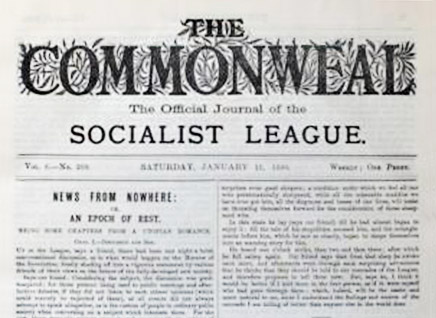
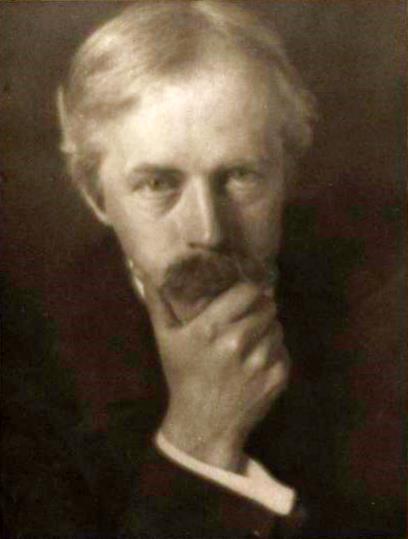

_A_Victorian_anthology_1837-1895.jpg)
